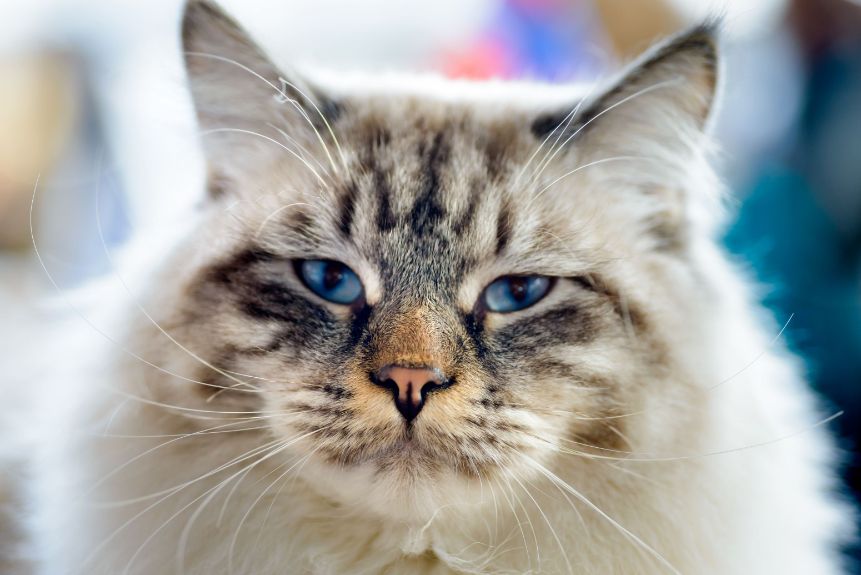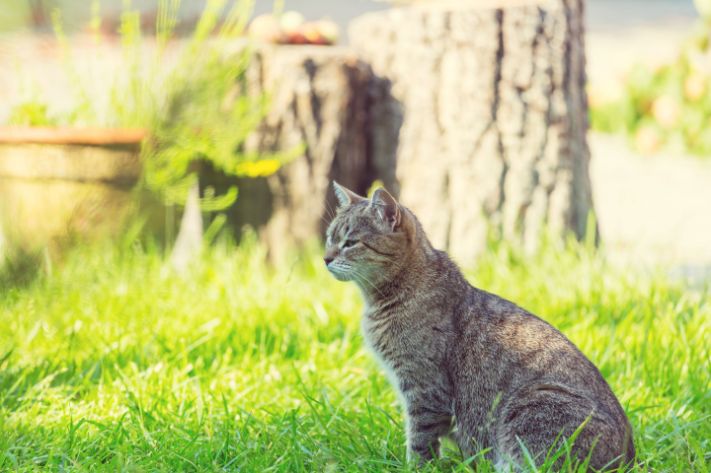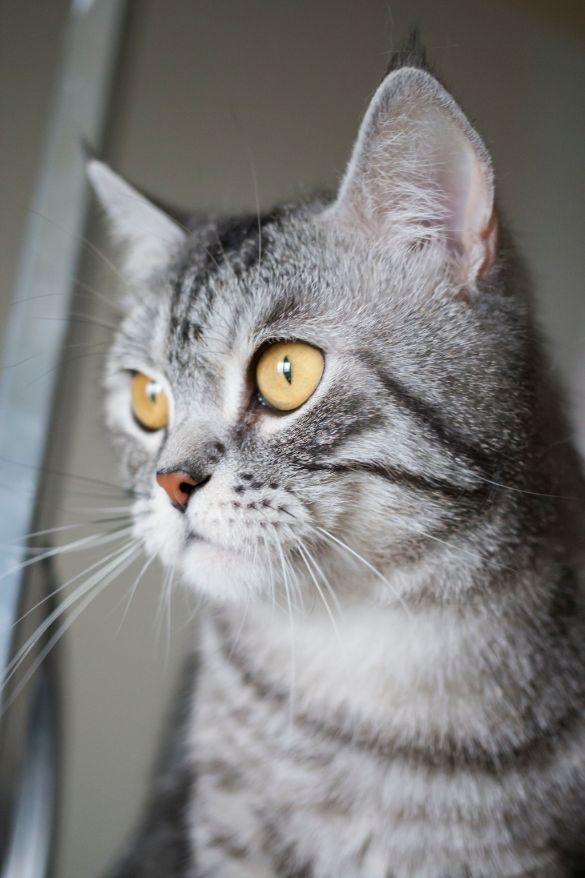
6 Signs Your Cat Might Be Anxious
If you’ve had them for a while, chances are your kitty has gotten you through some rough times.
In fact, research has linked cat ownership to improved mental health in humans.
But what do you do when they’re the one who needs the help?
An anxious cat will often exhibit noticeably abnormal behaviors. In many cases, these behaviors can have a detrimental effect on their health and overall wellbeing.
If you suspect your cat is suffering from anxiety, there are things you can do to help them feel better. Read on to learn the signs of an anxious cat and what you can do to help them.
1. Changes in Eating Habits
Many times, when a cat is feeling anxious or stressed, their eating patterns will change. They might not finish their meals. Or they could eat excessive amounts quickly, which can lead to vomiting.
When this happens, this usually indicates something deeper is wrong. If the behavior continues, be sure to see a vet to rule out illness. If they have a clean bill of health, then anxiety could be to blame.
2. Always Hiding
You’re normally sweet and social cat is suddenly hiding a lot. You barely see him or her anymore. What could be the matter?
In many cases, when your cat is hiding more than they normally would, something is up. It could mean that the animal is in pain or feeling ill, or it could mean that they are feeling anxious.

3. Aggressive or Unusual Behavior
An anxious cat tends to be more on edge than he or she normally is. If you’re noticing extreme deviance from normal behavior patterns, then this could be a sign that the cat is feeling anxiety.
For example, if a cat is showing more aggression than normal, then something might not be right. He or she could be feeling stressed or anxious.
Also, an anxious cat might be more destructive than he or she normally is. If they are knocking down things or scratching up furniture, then this could point to issues with anxiety.
4. Problems With the Litter Box
If a kitty is normally a faithful litter box user and suddenly starts using the bathroom in other places, this is a big indicator that he or she is trying to tell you something.
When this happens, be sure to take your feline to the vet first to rule out possible illnesses or infections. If the cat seems otherwise healthy, then he or she could be feeling anxious.
Another sign of stress in cats is digestive issues and diarrhea. If this is the case, they may or may not make it to the litter box. Either way, be on the lookout.
5. Excessive Grooming/Licking
Your kitty’s instincts tell him or her to keep clean and groom, but if you notice that these grooming behaviors are becoming excessive, something might be up.
Obsessive licking and grooming can indicate the your cat is feeling anxious, especially if they are licking to the point of baldness or sores. Be on the lookout for harmful grooming tendencies, as these could indicate that the cat is stressed.
6. Nonstop Meowing
If your kitty is meowing all day and night, it might indicate that something is wrong. They may be trying to get your attention and let you know that they are feeling worried or scared.
The key here is recognizing what your feline’s “I’m hungry” meows and happy cat sounds are versus what these meows sound like. Does your cat’s tone sound distressed? If so, he or she could be feeling very anxious.

What to Do When Your Cat is Anxious
The best thing to do for an anxious cat is to pinpoint and eliminate anything that could be stressing them out. Unfortunately, however, this isn’t always possible.
If you can’t control the stressors in your cat’s environment, the next best thing is to calm them down.
Despite their “loner” reputation, many cats crave your attention and feel less stressed when you’re with them. This might mean staying home more often to help comfort your kitty.
Just like humans, you also have to look for your cat’s “love” language. Does he or she like to play with you? Do they love to cuddle?
If the answer is yes, then give your kitty the attention they need when they’re feeling anxious. Many cats also feel less stressed when you hug them, too. Again, pay attention to the individual needs and wants of your kitty.
Can I Give CBD Oil to My Cat for Anxiety?
Another great way to help your anxious kitty feel better is by giving them CBD oil. Many humans praise this supplement for its antidepressant and anti-anxiety effects, but did you know it can also help pets, too?
Try giving your feline 125 mg full-spectrum CBD oil to help them cope with their stress and anxiety symptoms. This natural supplement can help relax them and get them feeling back to normal.
Full-Spectrum CBD Oil: The Entourage Effect
Research has suggested that taking a full-spectrum CBD oil containing trace amounts of THC (<.3%) as well as other organic compounds found in marijuana can have greater therapeutic effects than just CBD alone.
This is called the entourage effect, and it works as a result of an interaction between the compounds in cannabis, which are called “phytocannabinoids” and “terpenes.”
The entourage effect also works for your kitty, too. When you look for a CBD supplement, look for a full-spectrum formula for the best results.
Full-Spectrum CBD Oil and Your Kitty
When your kitty cat is feeling sad, anxious, or stressed, it can truly be heartbreaking. After all, they help us through so much, so can’t we do the same for them?
Luckily, you don’t have to watch your pet struggle with symptoms of anxiety. With the right amount of attention and a good full-spectrum CBD supplement, your furry friend can start feeling better in no time.
For full-spectrum CBD solutions for all the pets in your life, be sure to check out our entire line of CBD products.

